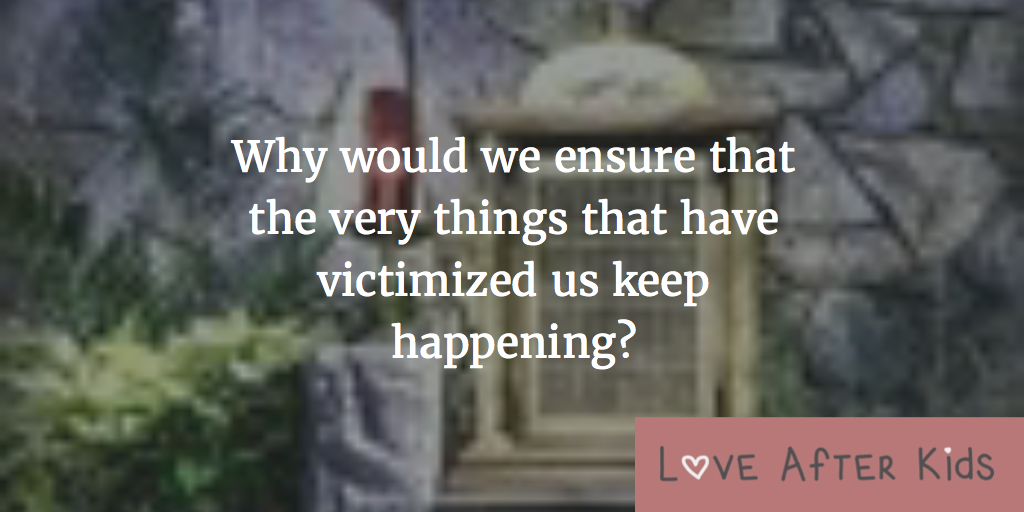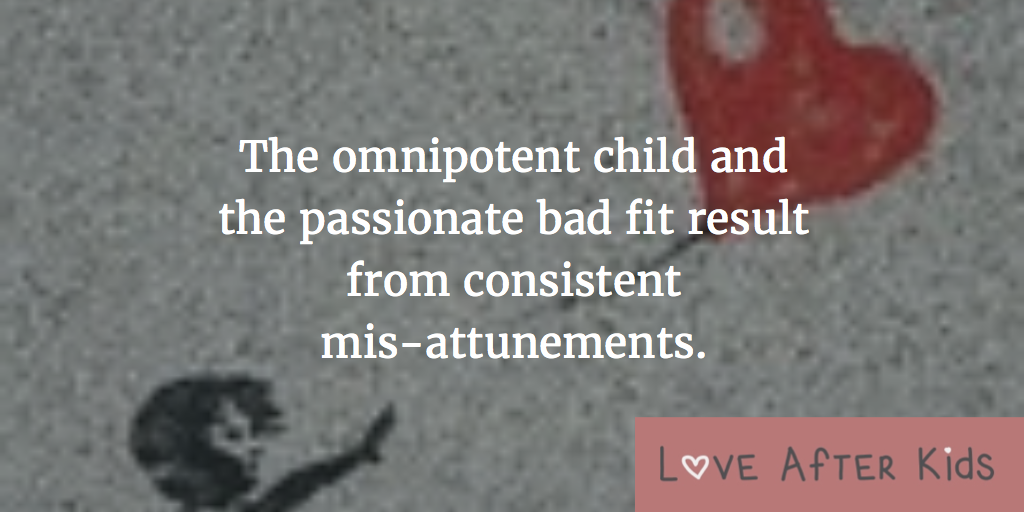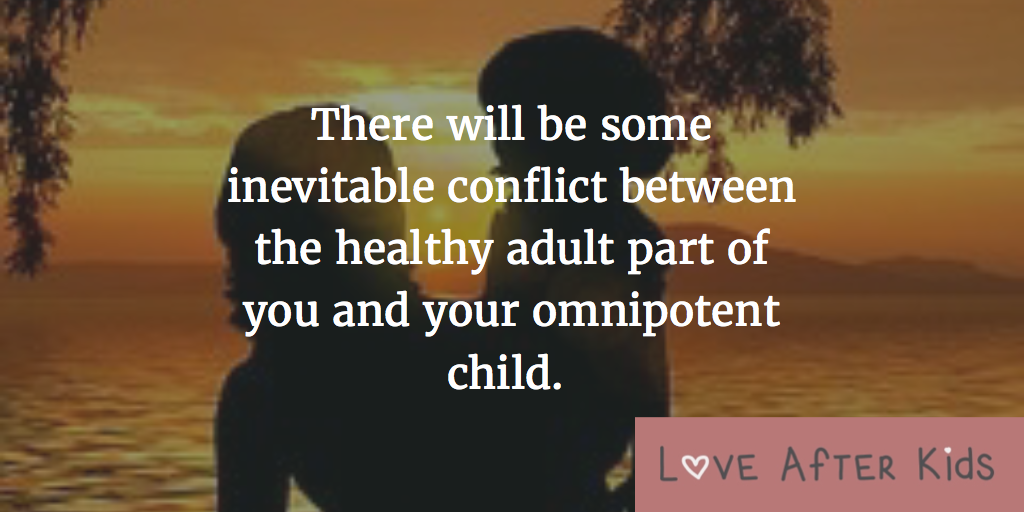“So, you are not so much interested in exploring your feelings about Joy's betrayal. Or the failure of your relationship. You are merely giving me a tour of the museum.'
'The museum? ... I don't follow you.'
'Your museum of pain. Your sanctuary of justifiable indignation.'
'I, uh...'
'We all superintend such a place, I suppose,' she said, 'although some of us are more painstaking curators than others. That is the category in which I would certainly put you, Dominick. You are a meticulous steward of the pain and injustices people have visited upon you.”
― Wally Lamb, I Know This Much Is True
It's just one of many bizarre paradoxes of human behavior that Wally Lamb referred to as "sanctuaries of justifiable indignation" that we erect with our own hands and then visit regularly to worship at.
But why? Why on earth would we ensure that the very same things that make us feel victimized will keep happening?
It simply means that you are human. We are complex creatures. There are many factors that contribute to why we do what we do.
I have trained extensively with a prominent group therapist who developed his own theories based on this very concept. His name is Dr. Stewart Aledort, and the concept is called the omnipotent child and passionate bad fit: "The 'Omnipotent Child,' as I call it, is that part of the internal psychic structure that is the final common pathway of all the passionately held bad fits that characterize not only the person's object ties and attachments, but also his or her most powerful internal psychic identity" (Aledort, S., 2002. Int J Group Psychother. Jan;52(1):67-87).
I am going to try to clarify some things here. First, the omnipotent child syndrome does not happen because of occasional mis-attunements in the preverbal period. This is not about needing to be perfect as a parent, or always meeting the child's needs. The omnipotent child and the passionate bad fit result from consistent mis-attunements that are more egregious than not changing a soiled diaper.
Children absorb the accumulation of responses from their primary caregivers. The accumulation of these responses is vital information for the child in terms of her self-concept as well as her place in the world.
This accumulation of responses and interactions become the foundation for children for their future relationships. The passionate bad fit is the embodiment of the "sanctuary of justifiable indignation" that I referred to earlier.
Omnipotent means to have unlimited power. It is essentially the opposite of what it really feels like to have to depend on someone that is totally misattuned to one's needs. This is what is referred to in Schema Therapy as an overcompensating coping mechanism, which means acting in the opposite way of how one was made to feel.
So for the omnipotent child, it is more important to be right, to prove that this is how the world works and that this is how she will be treated, because there is a sense of power in surety and predictability, even if what is being predicted was a self-fulfilling prophecy.
What appeared to be totally counter-intuitive initially should now at least make sense in terms of how defensive structures can operate.
Therapy, and hopefully our adult relationships, can help us to reprogram these hard drives. That has to start with awareness and understanding and a desire to do something about the negative patterns. That means that there will be some inevitable conflict between the healthy adult part of you and your omnipotent child.
Addressing these core beliefs is one of the hardest things to do in therapy and in life. It's not something that ever gets completely fixed or that disappears. It is something that we have to contend with to different degrees for our entire lives. If we never address the omnipotent child it can take control and make life happen according to its axioms.
If this is all completely new and foreign to you, try taking some time to look at your romantic relationship history. Try to identify patterns that have existed in the type of people you have been attracted to, their personality styles, behavior that has repeated, feelings that have repeated and thoughts that have repeated. Make a list of all of these.
Next, think about your relationships with your primary caregivers growing up. Look at each of the items on your list and ask yourself if it resonates in some way with how you were related to, how you were made to feel, or how you behaved with your primary caregivers.
For example, take someone that was abandoned by her father when she was a child because her parent's relationship fell apart and he left and never came back. This abandonment cannot be comprehended or processed by a small child who will inevitably internalize that there is something about her that is unloveable and that will cause people to reject her and leave her.
This is the core of the omnipotent child and the passionate bad fit that will impact future relationships and lead that little girl to therapy one day as an adult struggling to understand why she always ends up with partners that are unreliable or unable to commit.
Knowledge and awareness are power. Once you are willing and able to take a step back and try to understand what is happening now, you have introduced a counterpoint to the omnipotent child. This counterpoint can call it out when the omnipotent child acts up. It can propose alternative viewpoints and actions.
Be patient with yourself. Try to treat yourself with compassion, including the omnipotent child. This will facilitate change and growth exponentially more than punitive reactions will.
Please let me know if there is anything that is unclear, or if you have any questions. I welcome your feedback and would love to know how it goes if you try the exercises I suggested. You can join the Love After Kids Facebook page here for articles and information related to relationships and parenting and/or click on the button below to sign up to receive new posts and updates in your inbox.





 RSS Feed
RSS Feed